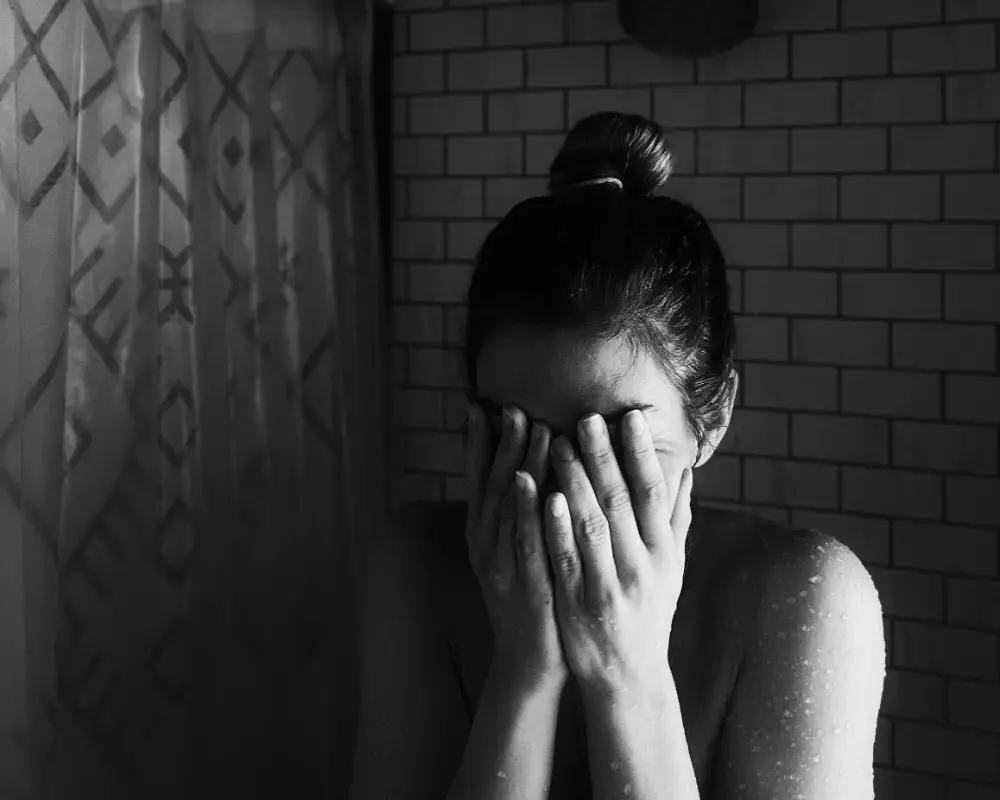Kateřina Marklová, professional director of NEO Centrum
"Recently, I have often been approached by people asking how they can tell if their loved ones or they themselves are not overdoing it with the time spent on the Internet/cell phone/computer or similar electronic toy. The phenomenon of the present time is also noticed by the professional public, who talk about non-substance addiction and devote themselves to its closer examination. And what do I answer to clients and acquaintances? That variety and all the colors of life should have a design before any habit that can easily turn into habits. Sometimes I stop at the sight of a couple in a restaurant, both focused on the cell phone in front of them, or a family at dinner, the kids playing iPad games the whole time.
The question arises, what did children do at such times when this technology did not exist? What was a couple doing on a date together when neither could access social media? Maybe they were just having fun together and giving each other their attention. The use of social networks and connection to technology have now proudly placed themselves among (non-substance) addictions. There is even a technology detox being announced and people are proud of themselves for not posting a photo on their Instagram for a week.
Maybe it was better without it all, what do you think?
I was interested in this article from the website ceskenoviny.cz, which aptly describes the whole issue.
Addiction to digital technologies threatens 445,000 people over 15 | ČeskéNoviny.cz (ceskenoviny.cz)
Transcript of the article:
Prague – According to expert estimates, 445,000 people over the age of 15 in the Czech Republic are at risk of addiction to mobile phones, social networks or online gaming. Around 125,000 of them are at high risk. This is according to the report on digital addictions for this year, which was approved by the Government's Council for the Coordination of Addictions Policy. Until now, the National Monitoring Center for Drugs and Addiction has prepared annual reports on the use of illegal drugs, alcohol, tobacco and gambling. This year, for the first time, it focused on addiction to digital technologies.
"The overuse of the Internet and digital technologies affects a relatively large part of the population and is the cause of a number of health disorders and negative effects on the individual and his environment," said the authors of the report.
Addiction disrupts the daily rhythm. People have a lack of sleep and are less able to orient themselves in time. They suffer from fatigue, lack of concentration, headaches, eye or back pain. Contacts are limited to an online environment. Physical activity decreases, conflicts in relationships increase. Schoolchildren's performance deteriorates, adults' work performance. Addiction is then accompanied by anxiety, depression or aggression.
Three quarters of adults are on the Internet every day. 72 percent of people use the Internet on a mobile phone. More than two-thirds use social networks. Adults on the Internet most often read news and search for information, visit social networks, and view and buy goods. Almost a quarter of people play digital games.
According to the report, people spend an average of 130 to 150 minutes on the Internet on weekdays, outside of work and studies. On the weekend it is 160 to 180 minutes. Men are on the Internet 20 to 30 minutes longer per day than women. While men spend more time playing games and watching pornography, women spend more time on social media and shopping. According to the report, six to seven percent of men and four to five percent of women are at risk of addiction. The risk decreases with age, it is highest among young people under 25 years of age.
If recalculated, according to the authors, it can be estimated that about 253,000 men and 192,000 women are at risk of addiction in the Czech Republic, i.e. a total of 445,000 people over the age of 15.
The goal of treatment is to reduce the time spent using digital technologies and gain control over them. The result should not be abstinence. It could represent an obstacle at work, during studies and in private life. There are now 109 treatment programs for people who overuse technology in the Czech Republic. Insurance companies cover the treatment of 150 to 180 people annually.
BE IN THE IMAGE
Information, articles and news
Do you need help?
You can send us a message or call us every day from 8 a.m. to 8 p.m. +420 770 143 385
This website is using cookies
You can either allow them all with the "I agree to all" button below, refuse or set the "Detailed settings" in detail. You can also change the selection later. More information about cookies in the Cookie Policy .




